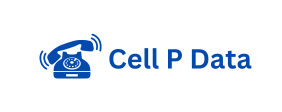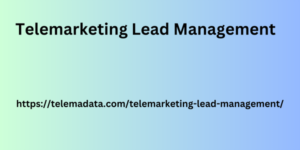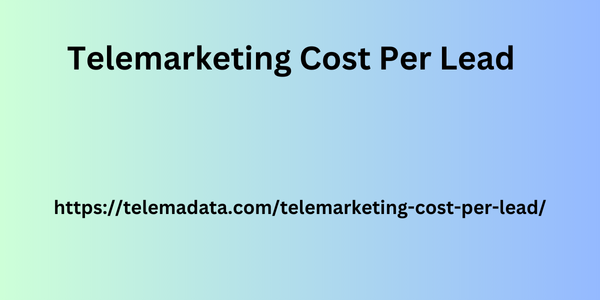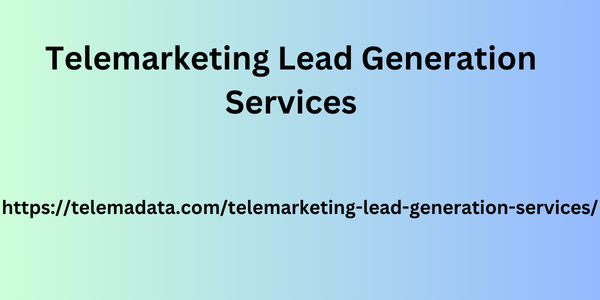Contact Databases: Friend or Foe? Unlocking Their True Potential
In today’s digital age, contact databases are the lifeblood of many businesses and organizations. But are they all they’re cracked up to be? Let’s delve into the good, the bad, and the strategies to maximize the effectiveness of your contact database.
The Power of Organization:
At their best, contact databases are organizational superheroes. They allow you to:
Centralize Information: No more scattered business cards or scribbled notes! Databases store all your contact information in one secure, easily accessible location.
Enhance Communication: Effortlessly find the right contact details with powerful search and filtering functions. Need to reach out to clients in a specific region? Done!
Boost Efficiency: Save time and streamline workflows with features like automated email campaigns or task management tools integrated within the database.
Gain Insights: Analyze your data to gain valuable insights into your network. Identify trends, understand customer demographics, and tailor your marketing strategies accordingly.
The Achilles’ Heel of Databases: Inaccurate Data
However, databases are only as good as the data they contain. Here’s where things can go awry:
Outdated Information: Without regular updates, contact details become inaccurate, hindering communication efforts. Bounced emails and dead-end phone calls are frustrating for both you and your contacts.
Data Duplication: Duplicates can clutter your Telemarketing Lead Management database and skew analysis. Ensure a clean system by regularly purging duplicates.
Data Security Concerns: Contact databases often contain sensitive information. Robust security measures are crucial to protect your data from unauthorized access.
Maximizing Your Contact Database Potential:
Don’t let these potential pitfalls deter you! Here are some tips to get the most out of your contact database:
Establish Clear Data Entry Protocols: Set guidelines for data entry to ensure consistency and accuracy.
Implement Regular Data Cleansing Processes: Schedule regular data cleansing to remove outdated information and eliminate duplicates.
Invest in Data Security Measures: Utilize encryption, password protection, and user access controls to safeguard sensitive information.
Integrate with Other Tools: Connect your database with CRM systems, email marketing tools, or social media platforms for a more holistic view of your contacts.
The Verdict: Friend With Benefits!
With proper management, contact databases are undoubtedly a valuable asset. They provide a powerful platform for communication, organization, and Cell P Data gaining insights into your network. By implementing best practices for data entry, security, and integration, you can transform your contact database from a mere data repository into a powerful tool for fostering connections and achieving your business goals.
SEO Optimization Tips:
Include relevant keywords throughout the article, such as “contact database management,” “CRM software,” “data security,” “email marketing tools.”
Link to authoritative sources when discussing data security best practices.





